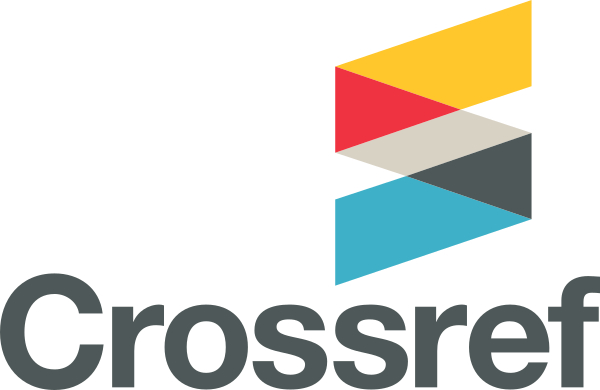JSER Policies
JSER Online
JSER Data
Frequency: quarterly
ISSN: 1409-6099 (Print)
ISSN: 1857-663X (Online)
Authors Info
- Read: 27660
Mladica
KOTEVSKA, Valjdeta VUKELJ, Katica KICKOVA
SOCIALIZATION
OF CHILDREN WITH DEVELOPMENTAL DIFFICULTIES IN THE FAMILY AND LOCAL COMMUNITY
In the presented paper at the
beginning, stressing the existence of the
two large groups of disabled
persons: children with developmental difficulties and labour disabled persons,
the problem of children with developmental difficulties especially of those
mentally retarded from medical,
psychological pedagogical and rehabilitation aspect is stressed.
At the same time the basic assumptions
given by the Macedonian Constitution providing better living and working
conditions of these citizens are stressed. Also, certain indications presented
are related to socialization of
children with developmental difficulties and are connected with the training of
the centres of social affairs, information and advisory work with parents.
In that way it is pointed out that
the Republic Institute for social affairs in cooperation with UNICEF and the
association of East-European Partnership
develop programme processes that give support to such an orientation.
Share Us
Journal metrics
-
 SNIP 0.059
SNIP 0.059 -
 IPP 0.07
IPP 0.07 -
 SJR 0.13
SJR 0.13 -
 h5-index 7
h5-index 7 -
 Google-based impact factor: 0.68
Google-based impact factor: 0.68
10 Most Read Articles
- PARENTAL ACCEPTANCE / REJECTION AND EMOTIONAL INTELLIGENCE AMONG ADOLESCENTS WITH AND WITHOUT DELINQUENT BEHAVIOR
- RELATIONSHIP BETWEEN LIFE BUILDING SKILLS AND SOCIAL ADJUSTMENT OF STUDENTS WITH HEARING IMPAIRMENT: IMPLICATIONS FOR COUNSELING
- EXPERIENCES FROM THE EDUCATIONAL SYSTEM – NARRATIVES OF PARENTS WITH CHILDREN WITH DISABILITIES IN CROATIA
- INOVATIONS IN THERAPY OF AUTISM
- AUTISM AND TUBEROUS SCLEROSIS
- THE DURATION AND PHASES OF QUALITATIVE RESEARCH
- REHABILITATION OF PERSONS WITH CEREBRAL PALSY
- DISORDERED ATTENTION AS NEUROPSYCHOLOGICAL COGNITIVE DISFUNCTION
- DIAGNOSTIC AND TREATMENT OPTIONS IN AUTISTIC SPECTRUM DISORDERS – AN OVERVIEW
- HYPERACTIVE CHILD`S DISTURBED ATTENTION AS THE MOST COMMON CAUSE FOR LIGHT FORMS OF MENTAL DEFICIENCY
















